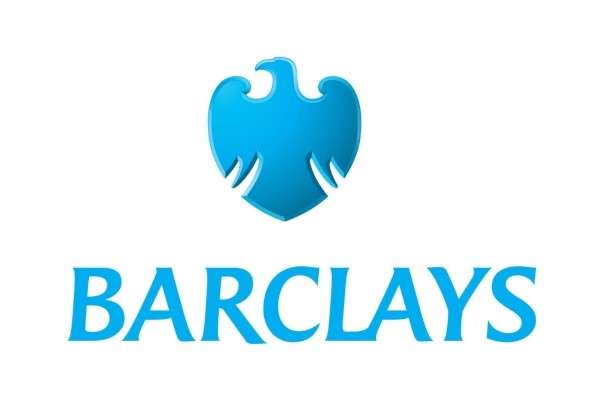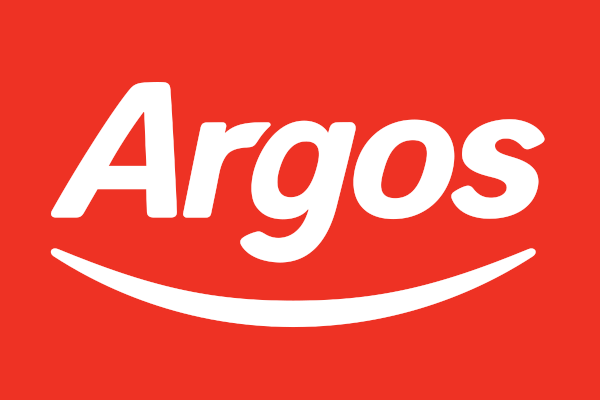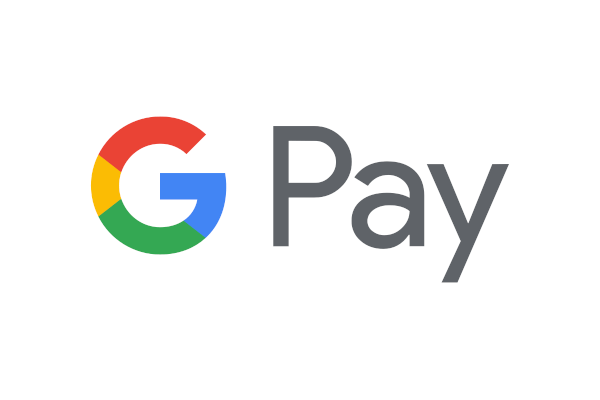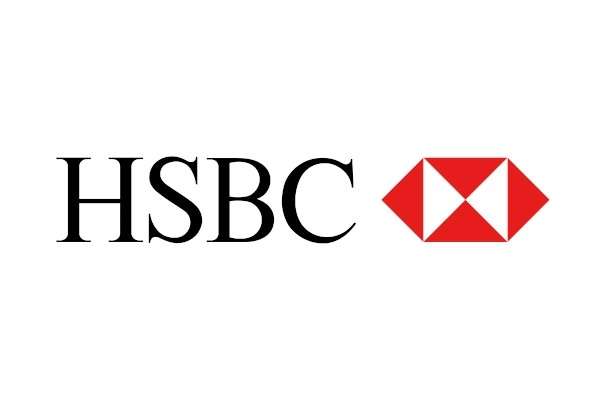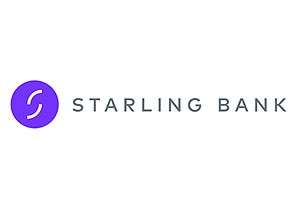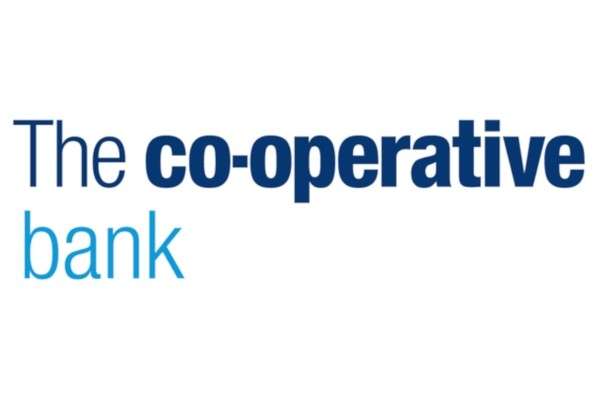
Third Party & Intermediaries
Section 75 Third Party Payments: PayPal, Amazon and Google Pay.
Section 75 of the Consumer Credit Act (CCA) is a great form of legal protection for consumers. It protects against the purchase of faulty goods or the non-deliverability of a service or product. Section 75 strictly applies when you have spent between £100 and £30,000 on a single item and used a credit card to pay. There are also time limits that confine the law – the company can only be liable in court for up to six years (five in Scotland).
Search for a Company to begin a Claim
The legislation won’t be applicable if you purchase with debit cards or if you bought something outside of the price range of £100 – £30,000. Section 75 might not always apply if you bought two or more items that then totalled £100 between them. In these cases, you must prove that they were needed together instead – such as if you needed a charging cable for a device you bought and a generic cable wouldn’t do.
Section 75 is a common way that consumer claims and complaints are resolved. It is one of the few consumer protection laws valid when buying goods online or in-store.
One of the most significant problems, and often confusing areas, that consumers face when it comes to Section 75 is the use of third-party payment processors or intermediaries. Using services such as PayPal, Google Pay or other payment gateways can make Section 75 invalid.
Section 75 Three-Way Agreement
Section 75 relies on there being a particular type of agreement between the credit company, the consumer and the retailer or service provider. This is known as the three-way agreement.
The law states that there must be a clear relationship between the three parties. These are the debtor (you), the creditor (the credit card company), and the supplier (who sold something to you). For the law to apply, the agreement must be clear between all three parties, and no others should be involved in the debtor-creditor-supplier process.
Section 75 protection means the credit card company and the seller are “jointly and severally liable.” This means that one of them must deal with your problem, or they can both face prosecution.
The agreement between the three groups can be broken or invalid if there is another company involved in the process. In the UK, services such as PayPal are common causes of this. PayPal has their own refunds policy which can help you if you have a problem with some goods or service bought through it. But, this is not a legal obligation and is up to PayPal to honour it.
If you did not use a third-party for payment, you are free to use Section 75 to refund faulty goods or services. The most successful route to do this is contacting your credit card provider and hope they cooperate with the process. When you contact your credit card provider you should explain the issues in full and why you deserve a refund, clearly stating that you are doing so under Section 75 of the Consumer Credit Act. You could also contact the retailer first, however, due to the financial strength of credit card companies, you are far more likely to receive a helpful response from the creditor than the supplier.
PayPal Credit
Since 2016, PayPal UK provides a credit service, which means that a Section 75 claim is more likely to stand. It primarily works the same as a credit card for online purchases, but without the plastic. PayPal Credit will send the funds to the buyer, and you will have to pay them back according to the agreement you have with them.
Because in this case, PayPal is the creditor and not a third-party, the debtor-creditor-supplier agreement still stands. If you use PayPal Credit, you should be able to use Section 75 to defend your right to a refund.
PayPal Credit has a minimum spend limit of £99. This means that almost all purchases bought with the service will fall between the £100 and £30,000 restriction of Section 75.
PayPal Refunds UK: Resolving a Claim with Third-Parties
If you have bought goods or services via PayPal and are confident that the goods were faulty, non-delivered or the service provided was not as described, you can make a claim. For some disputes, you might not even need to contact the third party; you can communicate with the supplier of the item or service and often resolve the issue that way.
Other times, when you pay via a third-party, you might need to contact them for a claim. While they are generally not legally responsible for this, for the sake of good public image and customer service they will respond positively.
PayPal UK advises that you speak to the seller first, and hope that they will quickly resolve it. If they refuse to help you out, you will need to make a claim. Making a claim is a longer and more difficult process – you will need to prove to the third-party that you are owed the money you are asking for. You will need them to agree that the items you bought were not of a high enough standard, arrived damaged or were imperfect.
PayPal advises that you contact the seller as soon as possible. They also say that to make a claim with them you must do so within 20 days of telling the seller that you weren’t satisfied and wanted your money back.
Third-Party Payment Processors
Companies which work alongside sellers to process payments are known as third-party payment processors. When a company takes your payment through one of these, your purchase is not protected by Section 75 of the CCA.
Some of the most common third-party payment processing companies are:
- PayPal
- Amazon
- Worldpay
- Google Pay
- Apple Pay
Using any of these in a credit card transaction will sometimes void your right to use the CCA’s Section 75 to get your money back. However, there are certain times where this is not the case. It needs to be investigated on a case-by-case basis, and everyone’s situation is different.
Section 75 Claims
If your refund claimed under section 75 has been disputed by your card provider because of a third-party, it might have been done incorrectly. There are many times that this has been done wrong, and you are in fact owed money even though a third-party was involved.
To check whether or not you might be owed a Section 75 refund that you were denied, contact us today.
Top Complaints:
Quick Complaint Form
All companies in this category


